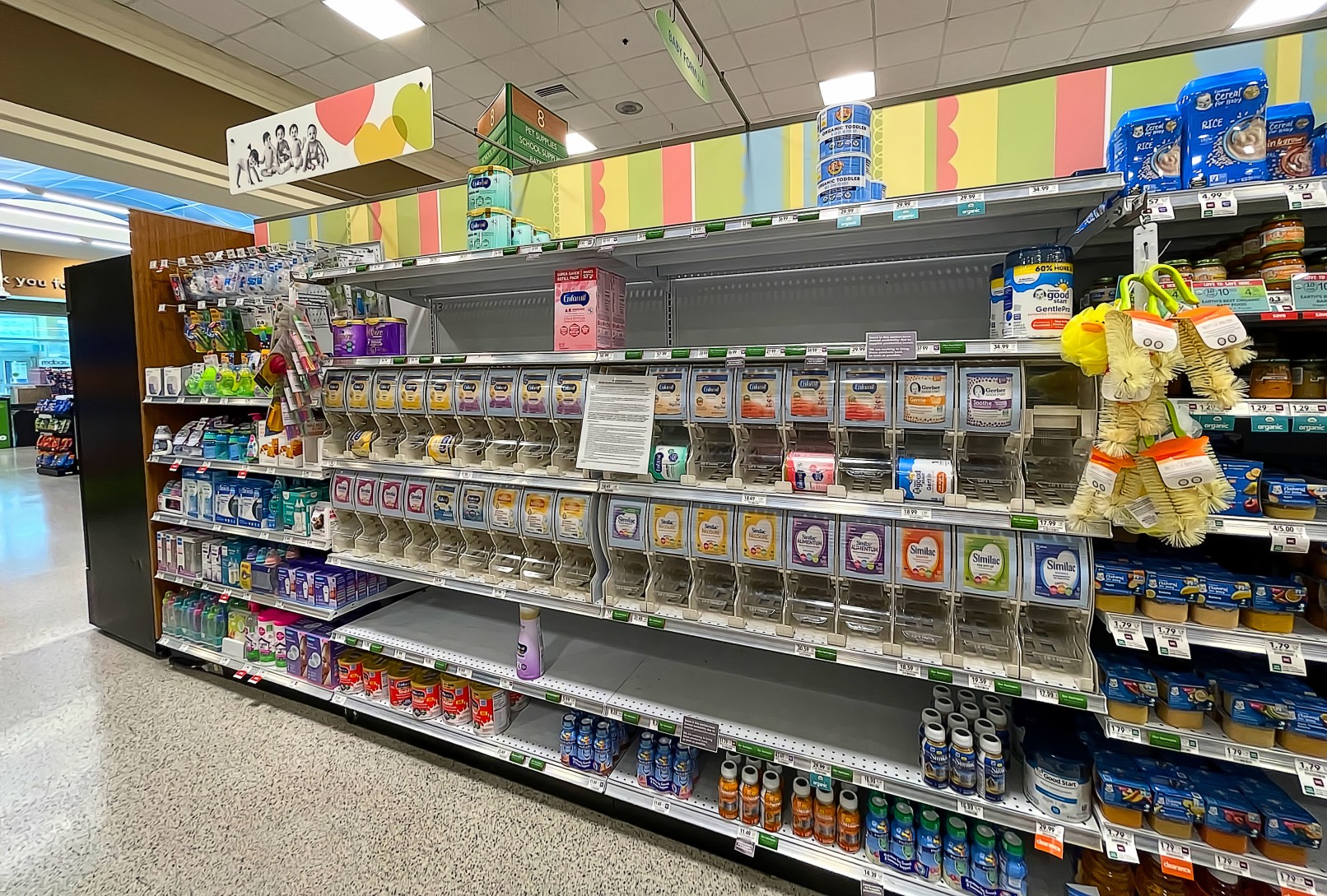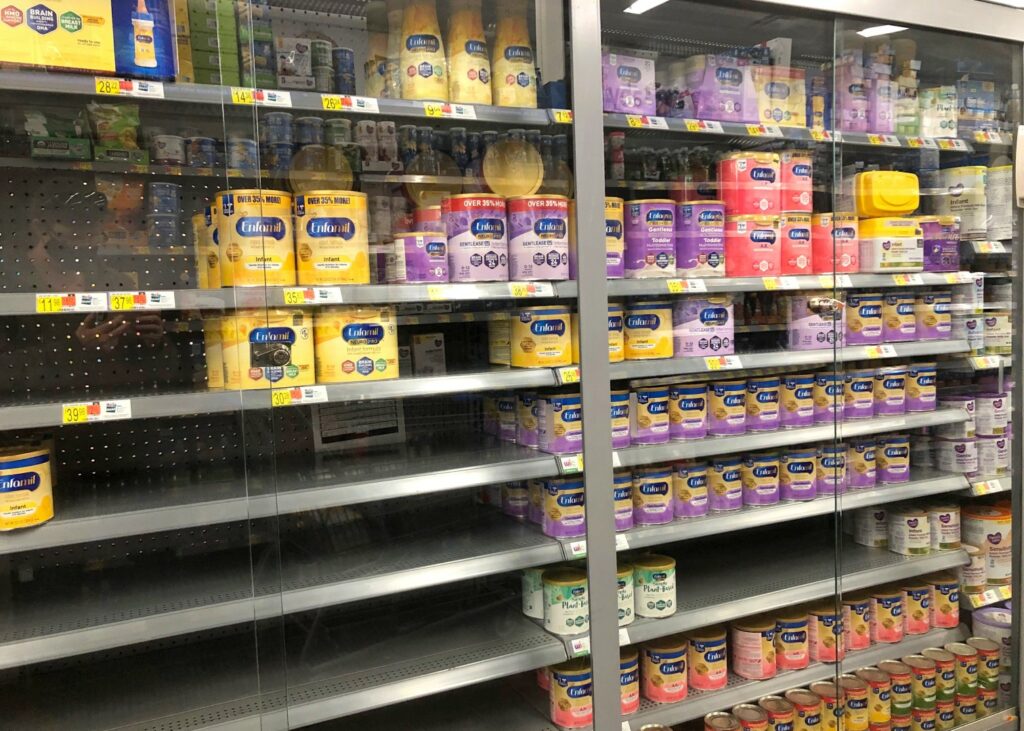How the FDA is Helping Ease Baby Formula Issues: July 2022 Update

The United States’ baby formula shortage has been going on for much of 2022, and the FDA is trying its best to manage. Read the July 2022 updates.
Read below for a July 2022 update on the baby formula issues.
Some Background
Read More »Abbott produces a large percentage of the U.S.’ formula. The production of baby and infant formula is restricted to only a few major players to begin with, making it a challenge when one shuts down production. Some states and stores are only allowed to sell certain brands. To top it all off, low-income and minority parents were disproportionately impacted by these issues, made worse since WIC-eligible formula was few and far between.
The FDA and the government came up with a plan to air drop formula in areas of need to ease the crises. That, however, was not a perfect plan—the country’s rules on importing formula have kept air drops from being more widespread.
In mid-June, the Abbott factory was set to reopen, but a raging storm further damaged the plant. It was only open for about one week before it needed to close again. Abbott was able to produce formula to keep some supply on shelves, and is has been easier to find many brands of formula on shelves, but things are not over yet. The impact of these events has damaged (and will continue to damage) people’s perceptions of regulations, and, perhaps, the Abbott name.

Updates on the Baby Formula Crisis
In major news, the FDA announced on July 5 that overseas baby formula manufacturers would be able to continue selling products in the U.S. after the shortages and crises eases. Doing so includes lifting temporary measures and making them permanent, as well as providing assistance on the technology side with getting overseas companies ready to sell in the U.S. market.
In May, the FDA stated that baby formula imports would be allowed until November 14, but the regulator is looking at extending that date and making the agreement open-ended. It is expected that further guidance will be issued in September as to how those manufacturers can continue to sell products stateside past that date.
The FDA recognized the impact of the closure of the Abbott plant twice: Once due to not meeting regulatory and safety standards, and another for the environmental closure, which was unexpected. Hence, the need to diversify the supply chain, in case something like this were to happen again. Prior to the first plant closure, Abbott had a 40% share in the U.S. baby formula market. Due to the closures, Reckitt and Benckiser have also gained a large share of the market, so it will be seen if they overtake Abbott in popularity and prominence.
As of July 1, an Abbott spokesperson reported that the Michigan plant is reopened and producing EleCare Formula, one of the varieties that was originally pulled from shelves.
Keep an eye out for any updates as the baby formula crises continues, but is slowly easing.
Are there people in your network who would benefit from knowing the latest on the country’s baby formula issues? If so, spread the word. Feel free to bookmark or post to your timeline for reference later!





